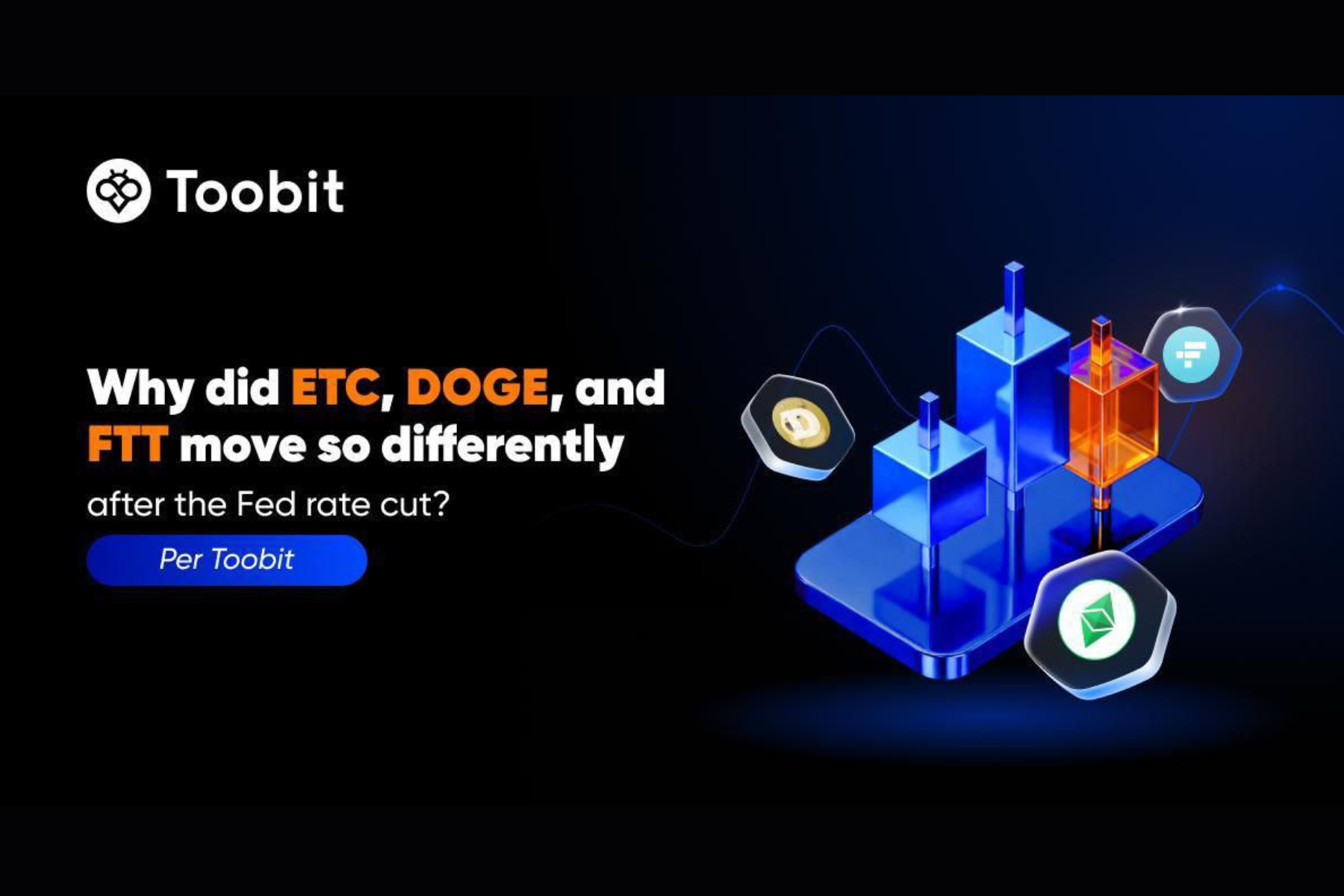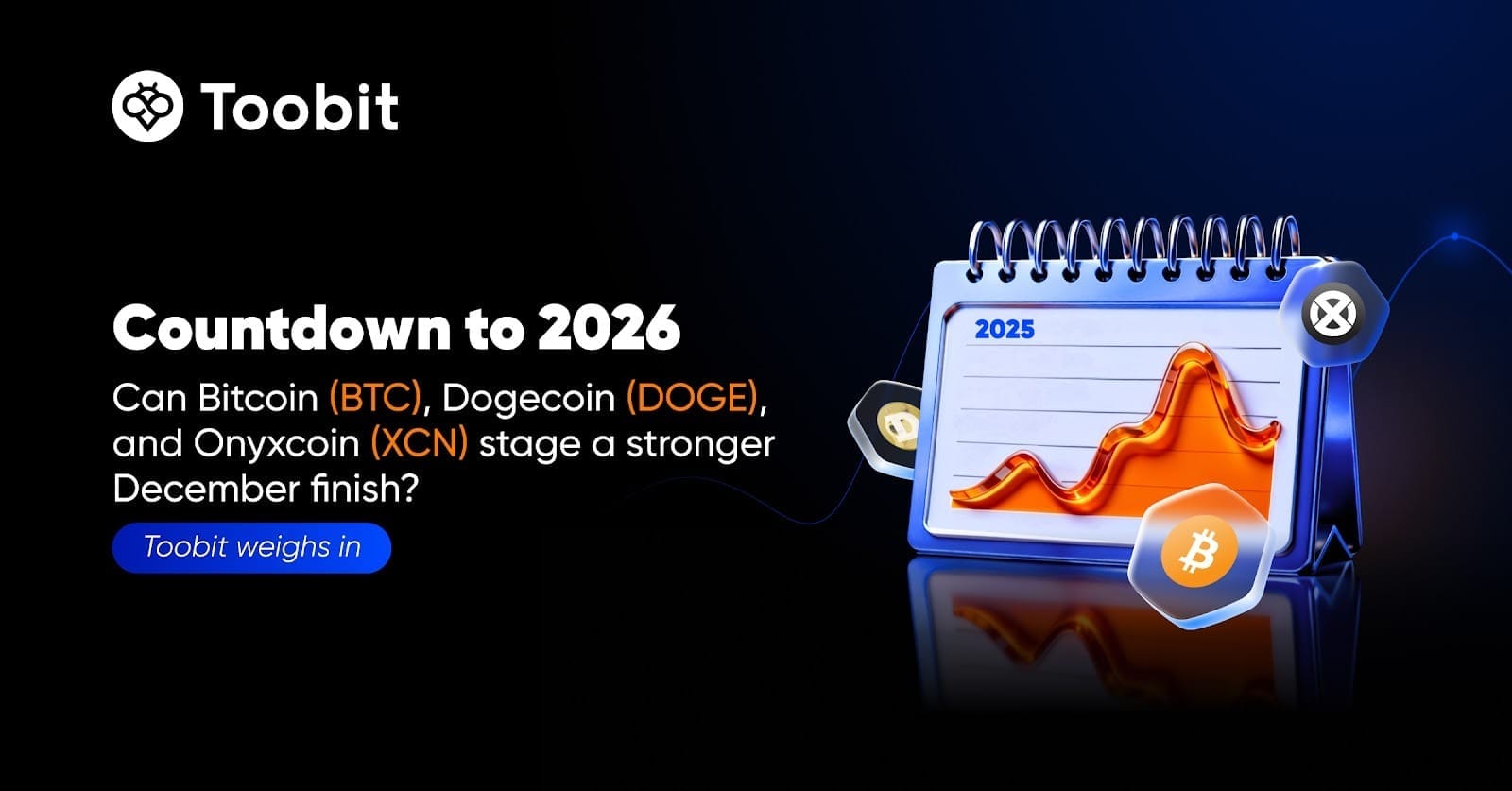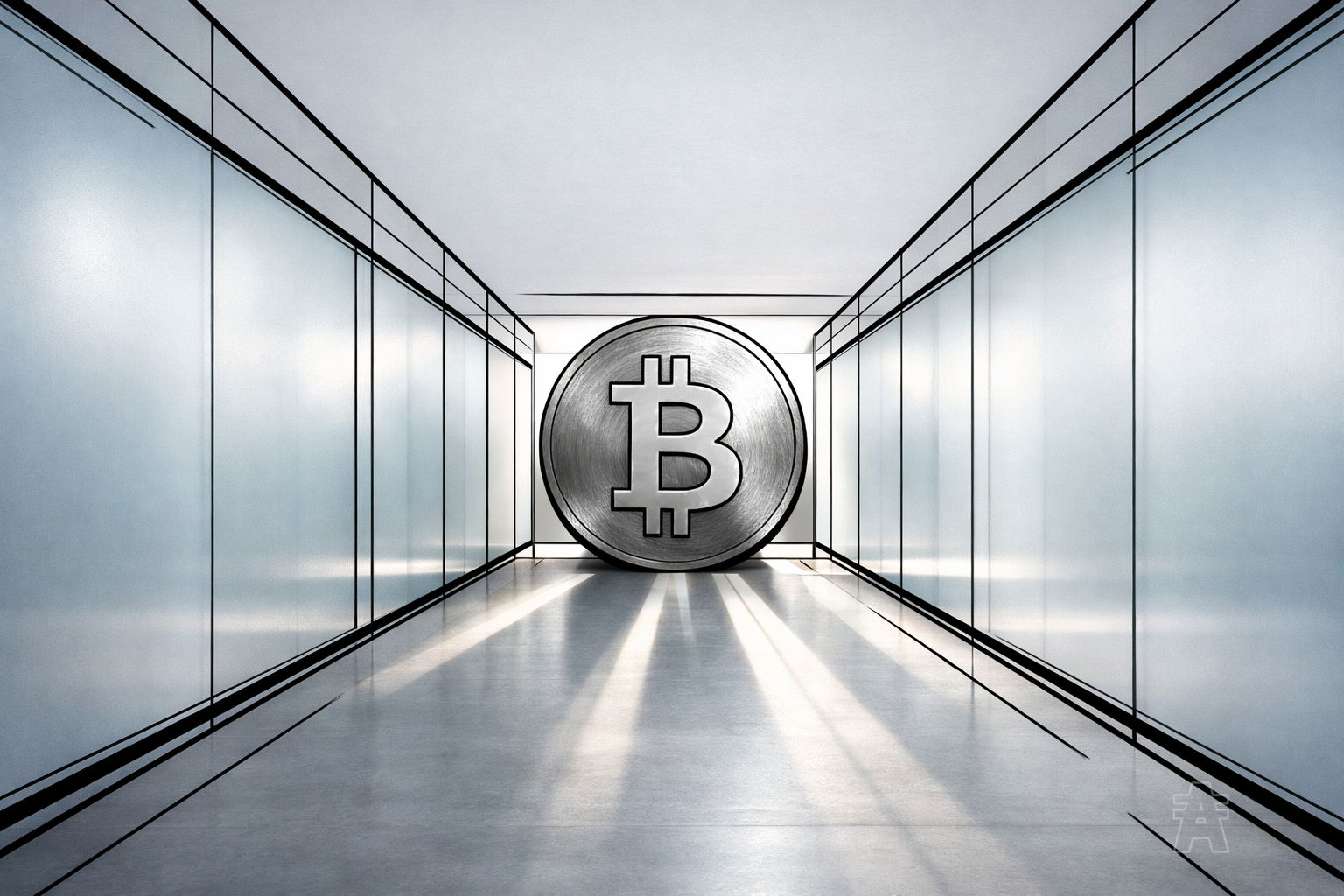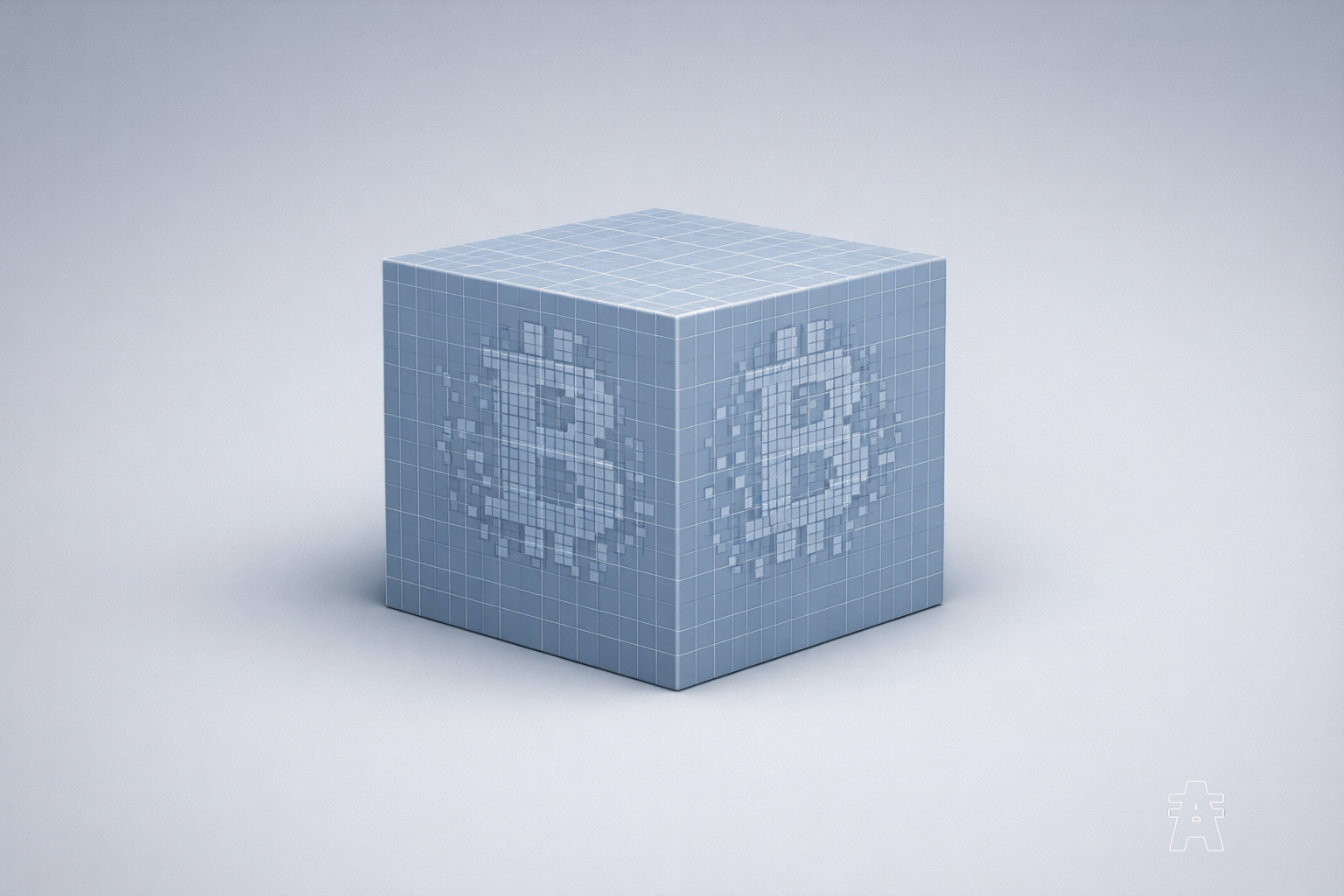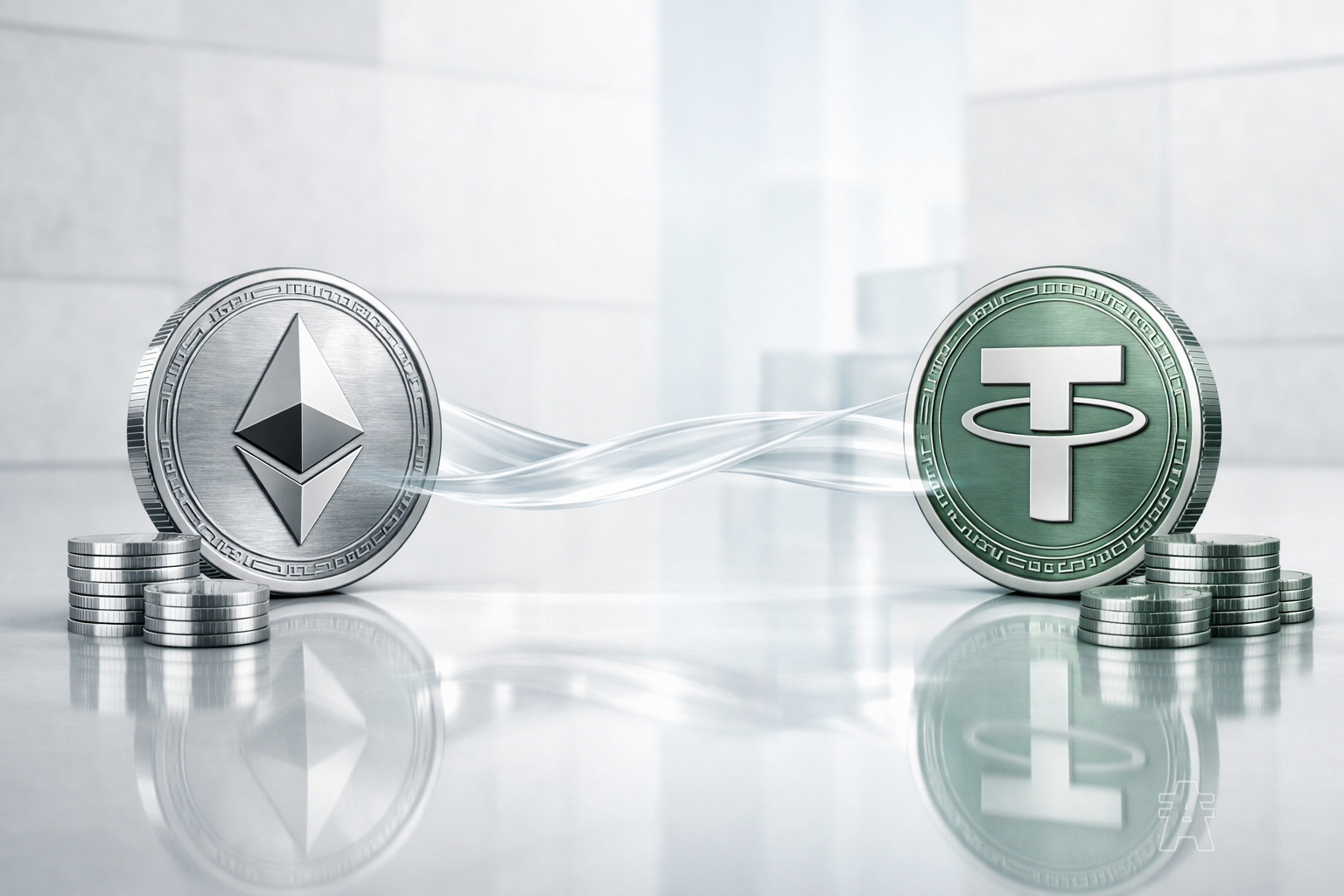Table of Contents
Altcoins, short for alternative coins, refer to any cryptocurrency other than Bitcoin.
When Bitcoin was introduced in 2009, it was the first cryptocurrency and remained the dominant one for many years. However, as the cryptocurrency ecosystem expanded, developers started creating their own cryptocurrencies, often with different features, use cases, and underlying technologies compared to Bitcoin. These alternative cryptocurrencies came to be known as altcoins.
These altcoins can be deployed in many different ways, they include but are not limited to the following:
Diversification of Investment Portfolios
Many investors use altcoins to diversify their cryptocurrency portfolios. Holding a mix of different cryptocurrencies can spread their risk and potentially benefit from different market trends and opportunities. Altcoins provide alternative investment opportunities beyond traditional asset classes like stocks, bonds, and commodities. Investors can participate in initial coin offerings (ICOs), token sales, yield farming, liquidity mining, and other token-related activities to earn returns or support promising blockchain projects.
Transaction and Payment Methods
Some altcoins are designed specifically for fast and low-cost transactions. It is for this reason that these coins are featured in any selection of the best crypto casinos for 2024. For example, Litecoin (LTC) was created to facilitate cheaper and quicker transactions compared to Bitcoin. Altcoins with efficient transaction processing can be used for everyday payments or remittances, allowing gamblers to easily play at casinos, or for people to send money to family overseas almost instantly and for virtually nothing.
Education and Learning
Altcoins can also serve as educational tools for users interested in learning about blockchain technology, cryptocurrencies, and decentralized systems. By interacting with different altcoin projects, users can gain hands-on experience, understand various consensus mechanisms, explore different use cases, and contribute to community-driven initiatives such as open-source development or decentralized governance.
Smart Contracts and Decentralized Applications (dApps)
Altcoins like Ethereum (ETH) are known for their support of smart contracts, which are self-executing contracts with predefined rules written into code. Developers can build decentralized applications (dApps) on platforms like Ethereum, utilizing smart contracts for various purposes such as token issuance and automated transactions.
Altcoins are integral to the decentralized finance (DeFi) ecosystem, which aims to recreate traditional financial services using blockchain technology. Altcoins like Chainlink (LINK) provide decentralized oracle services, which are crucial for feeding real-world data into smart contracts. Other altcoins such as Uniswap (UNI), Aave (AAVE), and Compound (COMP) power decentralized exchanges (DEXs), lending protocols, and other DeFi applications, enabling users to borrow, lend, trade, and earn interest on their digital assets without relying on traditional intermediaries.
Privacy and Anonymity
Some altcoins focus on providing enhanced privacy and anonymity features compared to Bitcoin. For instance, Monero (XMR) and Zcash (ZEC) are known for their privacy-centric designs, utilizing technologies like ring signatures and zero-knowledge proofs to obfuscate transaction details.
Tokenization and Asset Representation
Altcoins are often used to represent digital assets or tokens on blockchains. These tokens can represent ownership of real-world assets (like real estate or commodities), participate in decentralized finance (DeFi) protocols, facilitate fundraising through initial coin offerings (ICOs) or token sales, and enable loyalty programs or reward systems.
Governance and Voting
Some altcoins incorporate governance features that allow token holders to participate in decision-making processes regarding protocol upgrades, fund allocation, and other governance matters. Examples include tokens like Tezos (XTZ) and Decred (DCR).
Experimentation and Innovation
Altcoins provide a platform for developers and researchers to experiment with new ideas, technologies, and consensus mechanisms. This ongoing innovation contributes to the overall evolution and advancement of blockchain and cryptocurrency technologies.
Cross-Chain Interoperability
Some altcoins focus on improving interoperability between different blockchain networks. Projects like Polkadot (DOT) and Cosmos (ATOM) aim to create networks that allow different blockchains to communicate and transfer assets seamlessly, promoting a more interconnected and efficient blockchain ecosystem.
Staking and Yield Farming
Many altcoins support staking mechanisms where users can lock up their tokens to participate in network validation, governance, or earn rewards. Staking allows users to contribute to the security and operation of blockchain networks while earning additional tokens as rewards. Yield farming, often associated with DeFi platforms, involves users providing liquidity to decentralized exchanges or lending platforms in exchange for earning yields or rewards in the form of altcoins.
Hedging and Risk Management
Altcoins can also be used as a hedging tool against specific market conditions. For example, some investors may use stablecoins (cryptocurrencies pegged to fiat currencies like USD or EUR) as a way to hedge against volatility in other cryptocurrencies. Similarly, altcoins with inverse price correlations to Bitcoin or other major cryptocurrencies can be used to manage risk in a diversified portfolio.
Participation in NFT Ecosystems
Non-fungible tokens (NFTs) have gained significant attention in recent years for their ability to represent unique digital assets such as art, collectibles, and virtual real estate on blockchains. Altcoins are often used to purchase NFTs or participate in NFT marketplaces and ecosystems, enabling users to engage in digital ownership and trading of unique assets.


